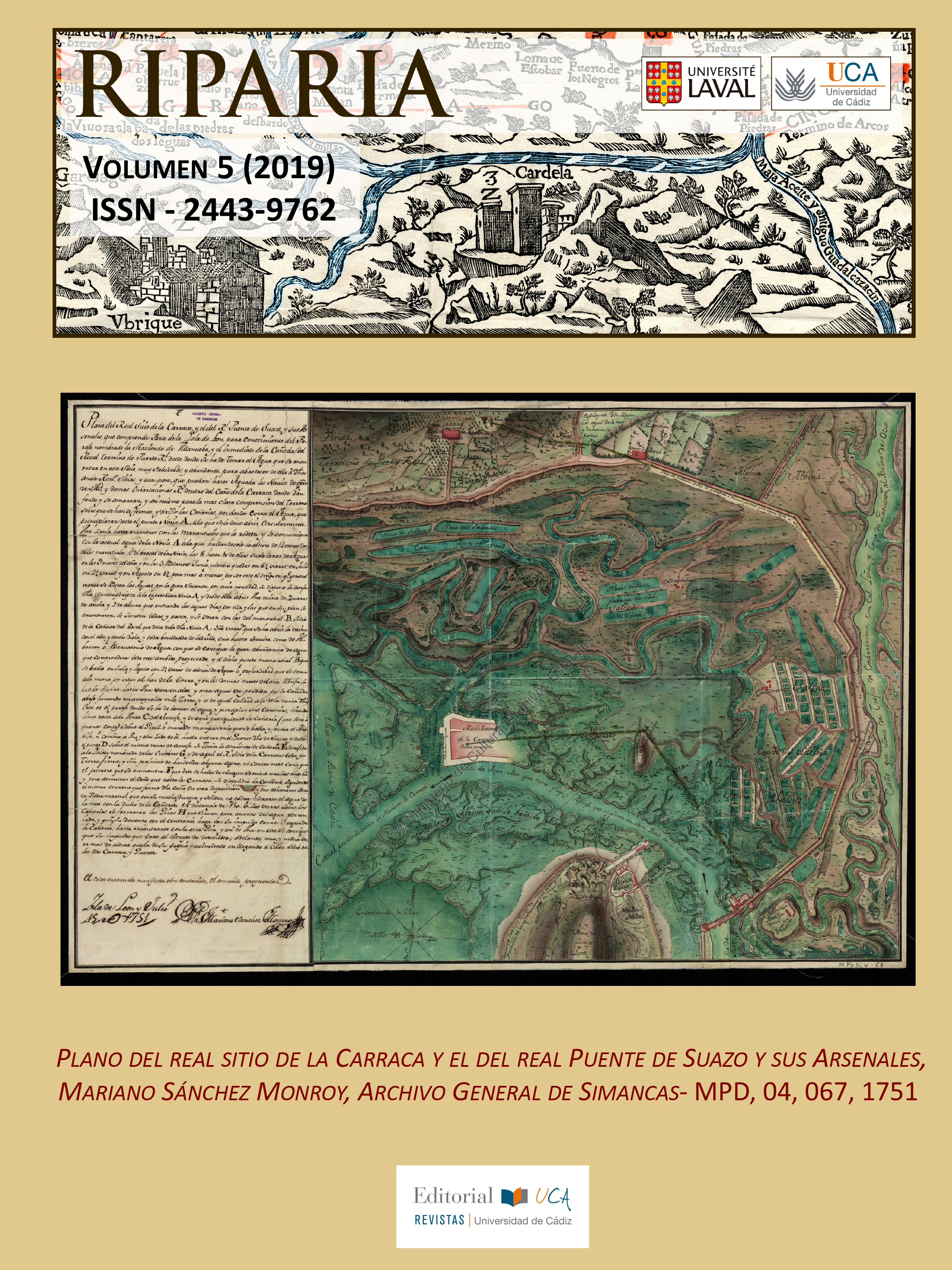Réflexions de synthèse en marge de l’atelier “Economía de los humedales: prácticas sostenibles y aprovechamientos históricos”, Jerez de la Frontera 1-4 octobre, 2018.
Abstract
This article is based on papers, most of which presented at a workshop and included in a book in course of publication, about the economics of wetlands considered from a diachronic perspective. Taking into account all of the studies presented at this workshop, we propose here a model of analysis of the concept RIPARIA, in the light of the following issues : a) the analysis of the spatial dimension of environmental management ; b) the interactions between environment and the society ; c) social representations related to environmental management. This examination resulted in suggesting several cross-cutting research topics in line with the modern sustainable development approach and aimed at highlighting also the interest of the issue of transhumance as a research theme considered from a cross-cutting diachronic perspective. It is also suggested that the Ancients’ empirical perception of environmental risk allows identifying some evidence of environmental awareness. That may prove helpful in developing sustainable practices of natural resources management, in line with present-day approaches of environmental risk management. Moreover, the dialogue between past and present, derived from the examination of these papers, is helpful as well in encouraging the decompartmentalization of the Mediterranean world by raising questions which may eventually provide some universal solutions to problems affecting wetland management.
Downloads






